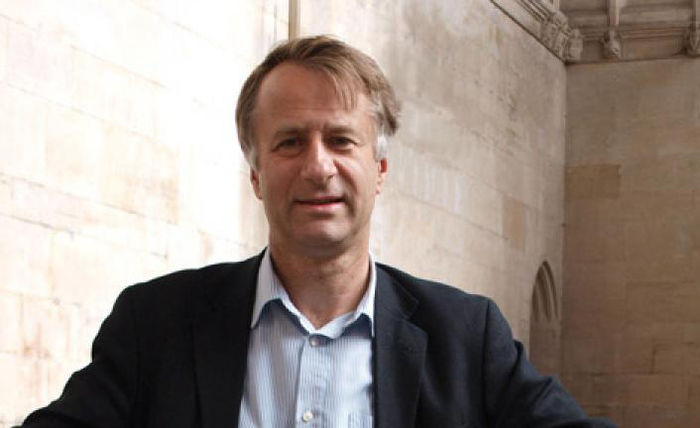Cambridge Academic to lead Australian course on #MeToo and the Law
Dr Sarah Steele, a senior research associate at POLIS, is set to start teaching the course in Australia this summer

Content note: This article contains mention of sexual assault and harassment.
A Cambridge academic based in Australia is set to spearhead a new postgraduate course on the legal implications of the #MeToo movement later this year.
Dr Sarah Steele, a senior research associate at the University of Cambridge’s Department of Politics and International Studies (POLIS), will teach the course to postgraduates at the Australian National University (ANU) in August.
The course, the first of its kind to be taught at an Australian university, will explore how the #MeToo movement shed light on the legal “problems and pitfalls” involved with sexual harassment cases.
Among the topics covered will be due process, wrongful termination, libel, non-disclosure agreements, backlogs of evidence, and sexual harassment and abuse in legal workplaces.
The #MeToo movement was founded in 2006 by activist Tarana Burke. It aims to expose the pervasiveness of sexual assault and to help survivors “find pathways to healing”, and attracted mainstream attention in 2017 in the aftermath of a New York Times article, in which Hollywood Producer Harvey Weinstein was accused of sexual harassment.
Since then, the hashtag has been shared millions of times and the movement has exposed a number of high profile cases of abuse.
“I am looking forward to leading the new Australian National University module on #Metoo and the Law, helping to promote discussion amongst students, practitioners and experts around the social and legal implications of discrimination and gender-based violence in all their forms,” Dr Steele told Varsity.
Dr Steele has previously also been involved with the Bystander Initiative, part of the University of Cambridge’s Breaking the Silence campaign, which was set up in 2017.
If you are affected by any of the issues raised in this article, the following organisations provide support and resources:
- Breaking the Silence: the University’s campaign against harassment and sexual misconduct (includes reporting mechanisms).
- Sexual Assault and Harassment Adviser: specialist University support worker who provides emotional and practical support
- Cambridge for Consent: a student-run campaign to promote consent.
- Cambridge Rape Crisis Centre: a charity for female victims of sexual violence.
- Cambridge Nightline: a confidential night-time listening service.
- Students’ Unions’ Advice Service: the Students’ Unions’ confidential, independent and impartial advice service.
 Features / 3am in Cambridge25 June 2025
Features / 3am in Cambridge25 June 2025 Comment / Why shouldn’t we share our libraries with A-level students?25 June 2025
Comment / Why shouldn’t we share our libraries with A-level students?25 June 2025 News / Revealed: Emmanuel relies most on postgrad supervisors28 June 2025
News / Revealed: Emmanuel relies most on postgrad supervisors28 June 2025 Sport / Sport, spectacle, and sanctioned collisions: May Bumps 202525 June 2025
Sport / Sport, spectacle, and sanctioned collisions: May Bumps 202525 June 2025 News / Gardies faces dissolution27 June 2025
News / Gardies faces dissolution27 June 2025






